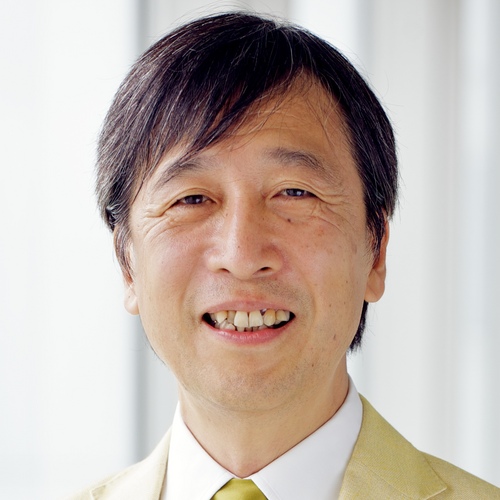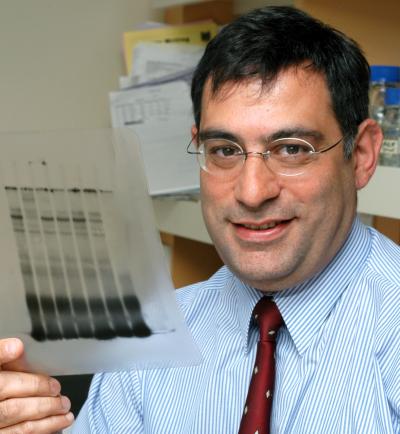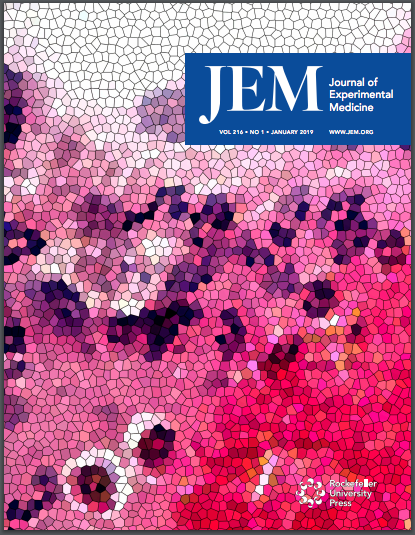 Before we present this week’s Weekend Reads, a question: Do you enjoy our weekly roundup? If so, we could really use your help. Would you consider a tax-deductible donation to support Weekend Reads, and our daily work? Thanks in advance.
Before we present this week’s Weekend Reads, a question: Do you enjoy our weekly roundup? If so, we could really use your help. Would you consider a tax-deductible donation to support Weekend Reads, and our daily work? Thanks in advance.
The week at Retraction Watch featured a sixth retraction for a researcher cleared of misconduct; a retraction for “something that we have never seen before in any study;” and two retractions that took more than four years. Here’s what was happening elsewhere: Continue reading Weekend reads: #MeToo in a political science journal; 15 articles that challenged dogma in 2018; an entire editorial board resigns








